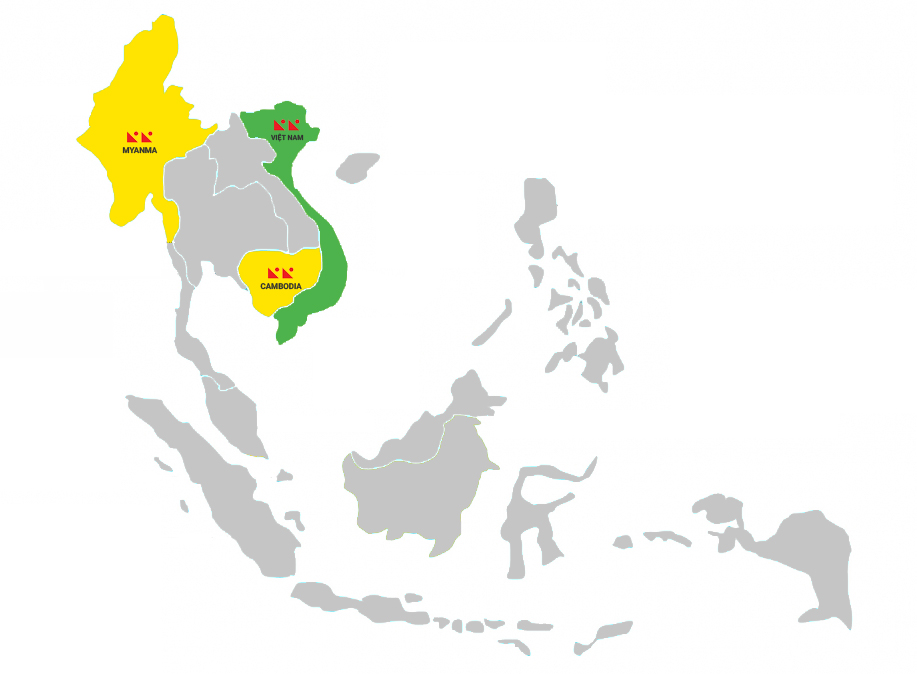Racecadotril: an Antidiarrhoeal Suitable for Use in Infants and Young Children
Racecadotril: an Antidiarrhoeal Suitable for Use in Infants and Young Children
Effective in Acute Diarrhoea
Racecadotril has been shown to reduce both the frequency and duration of acute diarrhoea of presumed infectious origin in randomised, placebo-controlled studies in both adults and children. [6-8] The duration of diarrhoea prior to entering studies was usually around 1.5 days with a frequency of ≥3 stools a day.
Reduced Diarrhoea in Infants and Children...
Racecadotril (1.5 mg/kg 3 times daily) as adjuvant therapy to oral rehydration solution significantly reduced mean stool output in 2 randomised, double-blind studies in paediatric patients (aged 2 months to 4 years) with severe acute diarrhoea. [7,8] Racecadotril was effective in both rotavirus-positive and rotavirus-negative infants and children. [7,8] Furthermore, racecadotril recipients had a significantly shorter duration of diarrhoea and a reduced requirement for oral rehydration solution compared with placebo recipients. [8] The main results of the more recent trial are provided in the table.
...and adults
Racecadotril significantly reduced the incidence and duration of diarrhoea and the number of diarrhoea-related symptoms compared with placebo in a double-blind trial in adult patients with acute diarrhoea of infectious origin. [6] A total of 193 patients received racecadotril 200mg or placebo on the first treatment day and racecadotril 100mg or placebo after each unformed bowel movement thereafter until resolution of symptoms or for a maximum of 10 days. Compared with placebo, the incidence of diarrhoea was reduced by 30% and the duration of diarrhoea by 1 day. In addition, diarrhoea-associated symptoms including abdominal pain, anal burning, anorexia and nausea were significantly reduced compared with placebo.
Efficacy Similar to Loperamide?
Racecadotril appeared to have similar efficacy to loperamide for the treatment of adults and children with acute diarrhoea in several double-blind comparative trials. [9-11] Both racecadotril (1.5 mg/kg 3 times daily) and loperamide (0.03 mg/kg 3 times daily) resulted in resolution of acute diarrhoea within 1 to 2 days of initiation of treatment in a double-blind comparison carried out in 102 children aged 2 to 10 years. [9] No significant differences in the time to first formed stools (32.2 hours for racecadotril and 30.6 hours for loperamide) or for the recurrence of diarrhoea were detected.
Racecadotril and loperamide also appeared to have similar efficacy in a double-blind comparison conducted in 147 adults with acute diarrhoea. [10]The mean duration of diarrhoea (14.9 hours for racecadotrilvs 13.7 hours for loperamide) and the mean number of stools until recovery (3.5 for racecadotrilvs 2.9 for loperamide) were similar for both treatment groups.
However, although racecadotril was as effective as the loperamide derivative loperamide-oxide for most efficacy assessments in a much larger trial (547 adult patients) comparing the 2 agents, patients receiving loperamide-oxide had significantly fewer unformed stools compared with racecadotril over a 3-day period. [12] Furthermore, physicians (but not patients) considered loperamide-oxide to be significantly better than racecadotril overall.
(Source from http://www.medscape.com/viewarticle/406488_3)











